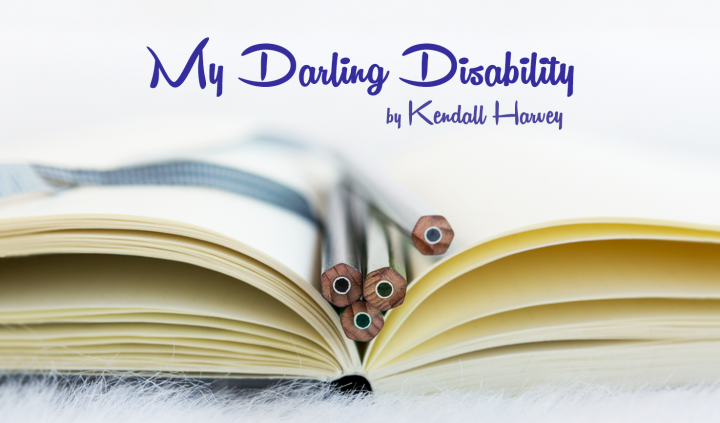How I Get Through Bad Days With Friedreich’s Ataxia

Friedreich’s ataxia (FA) is a cruel, relentless, lifelong battle. It can make good days hard and bad days intolerable.
When people tell me I am “inspiring” or ask how I remain so positive and happy in the face of FA, I am always baffled, and usually fumble my answer. What comes out is something along the lines of “I don’t have another choice. If I allowed FA to dictate my thoughts, words, and actions, I likely would never even get out of bed.”
That is the truth, but there is more to it. Following is what I wish I could say to everyone that asks how I make it through each day: mind over matter. It is a simple and overused saying that is easier said than done. But it motivates me to get out of bed each morning. When I wake up exhausted and feeling sorry for myself, I remind myself that no good will come from sleeping the day away.
No matter how FA makes me feel in the moment, my kids still need me, I have work and housework to do, my husband supports me, and my friends are rooting for me. I can’t stay in bed all day, every day, because I have a life apart from my FA symptoms.
We all know the sayings “You are what you eat” and “Be the good you want to see in the world.” They are popular for a reason. They remind people to consume good things and expel good into the world.
So, I’ve adapted these sayings and created my own: “I want better, so I put better out there.” I want more from this life than FA has to offer, so I try to live the life that I want, at least to the extent that FA will safely allow. I don’t want to make the world any sadder or scarier than it already is, so I search for the silver linings or just make my own.
I allow myself “FA pouty days.” I am not naïve. I know that not everything can be willed away or ignored. Some days, I allow myself to succumb to the harsh realities of my disease. I lie in bed all day napping, bingeing bad TV, venting to friends and family, and feeling sorry for myself. Usually, by the end of these days, I am thankful for the rest, but I miss my life. I long for the feeling of accomplishment that I have at the end of the day.
I journal my feelings and share them openly with trusted confidants. I know that bad thoughts and feelings demand attention. When I allow myself a moment to acknowledge those feelings, think through them, and give their root cause the respect it demands, I can process my emotions more healthily. I can acknowledge their existence and impact without letting them take over my life. Talking through the good, the bad, and the ugly with myself and my trusted confidants helps me process the many emotions that accompany FA.
I allow others to be my strength when I have none left. I am not shy about admitting defeat to my friends. I tell them that FA has beaten me down so much that I don’t know how to pick myself up again. My friends will kindly encourage me or simply remind me that I don’t have the option to give up. I am grateful for their words and actions that build me up and replenish my strength.
I accept help from my husband, parents, friends, and even children. I use mobility aids to go about my life safely. As much as it might pain me to feel “more disabled” by sitting back and allowing others to do things for me, I have come to appreciate the value in their help and the energy savings I gain by accepting kind help from loved ones and strangers.
I remember that each day is a fresh chance. I remember bad days that didn’t seem survivable and how I overcame those days. If I have a bad fall or feel particularly fatigued, I remind myself that it could always be worse. The other bleak motivation I use is the reminder that as my symptoms progress, I will likely look back on these days and pine for them. This helps me stop feeling sorry for myself and focus on what I can still do.
Last, but certainly not least, I ask God to shine through me every single day. I lean on him for strength, hope, and help. I pray and read my Bible. I ask that when people look at me, they see God shine more brightly than my disease. Most of the light people see when they look at my life is his, not mine.
I would like to offer a last bit of encouragement in the form of one of my favorite quotes by Stephanie Bennett-Henry: “Life is tough, my darling, but so are you.”
***
Friedreich’s Ataxia News is strictly a news and information website about the disease. It does not provide medical advice, diagnosis or treatment. This content is not intended to be a substitute for professional medical advice, diagnosis, or treatment. Always seek the advice of your physician or another qualified health provider with any questions you may have regarding a medical condition. Never disregard professional medical advice or delay in seeking it because of something you have read on this website.The opinions expressed in this column are not those of Friedreich’s Ataxia News or its parent company, Bionews, and are intended to spark discussion about issues pertaining to Friedreich’s ataxia.






Leave a comment
Fill in the required fields to post. Your email address will not be published.